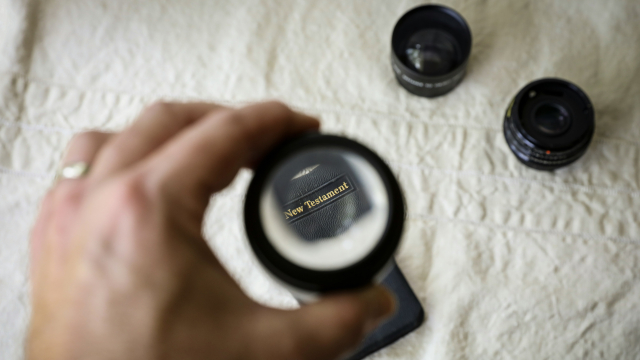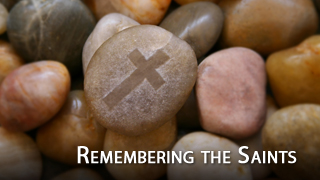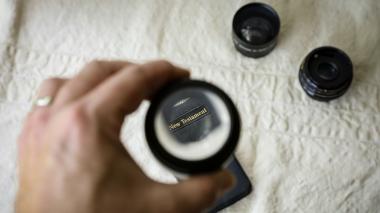It’s complicated…

Listen to this daily worship
1 Corinthians 10: 23-33 (NIVUK)
23 ‘I have the right to do anything,’ you say – but not everything is beneficial. ‘I have the right to do anything’– but not everything is constructive. 24 No one should seek their own good, but the good of others.
25 Eat anything sold in the meat market without raising questions of conscience, 26 for, ‘The earth is the Lord’s, and everything in it.’[a]
27 If an unbeliever invites you to a meal and you want to go, eat whatever is put before you without raising questions of conscience. 28 But if someone says to you, ‘This has been offered in sacrifice,’ then do not eat it, both for the sake of the one who told you and for the sake of conscience. 29 I am referring to the other person’s conscience, not yours. For why is my freedom being judged by another’s conscience? 30 If I take part in the meal with thankfulness, why am I denounced because of something I thank God for?
31 So whether you eat or drink or whatever you do, do it all for the glory of God. 32 Do not cause anyone to stumble, whether Jews, Greeks or the church of God – 33 even as I try to please everyone in every way. For I am not seeking my own good but the good of many, so that they may be saved.
Paul’s ministry was, arguably, an attempt to retell the Jewish interpretation of God’s love within the context of his own testimony of the centrality of Jesus. Notice the word “arguably”. Paul grew up a Jew. On the Damascus Road, he met the risen Jesus and was blinded. In Damascus, the scales fell away and Paul began a public ministry exploring what the Jesus event meant to Jews, Romans and the rest of those living in Mediterranean culture – and it seems other apostles travelled and still travel east and west, south and north to proclaim the Gospel to the world.
For Paul, one of his most important tasks was to provide an answer for the hope that was within him, as Peter would have put it (1 Peter 3:15). In this passage he sets out some ethical markers about our dealing with the world and its objects and experiences. His first suggestion is that everything is lawful – which is quite a departure from Jewish kosher food laws. But he then sets up some more boundaries to consider – even if everything is lawful, is it firstly beneficial (does it do good?) and secondly is it constructive, (does it contribute to community?).
Perhaps those are rules which we need to apply to other areas of life – to our use of technology, to our use of money, to our voting in elections, to our support for war or ecology. As co-creators with God, we are warned not to be like a dead stone idol. We are warned too to live out the law of Christ within our lives – to be moral creatures following the way of Jesus in all we do. Not machines. Not robots. Not computers. We are God’s people, made of flesh, blood and the very image of God.
Prayer:
Lord, help me not to be a mechanistic human in a concrete world
Lord, help me to serve you and others in all I do.
Lord, help me to build others up through my action and deeds and creativity
Lord, help me to include others in what I do, to build community
Lord, help me to be more like Christ, to build a world in which Christ is known.
Amen.




 Add to Favourites
Add to Favourites








Login to comment.